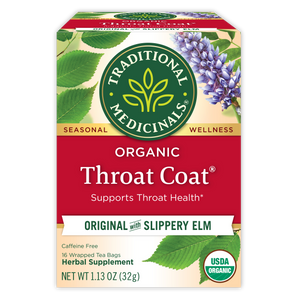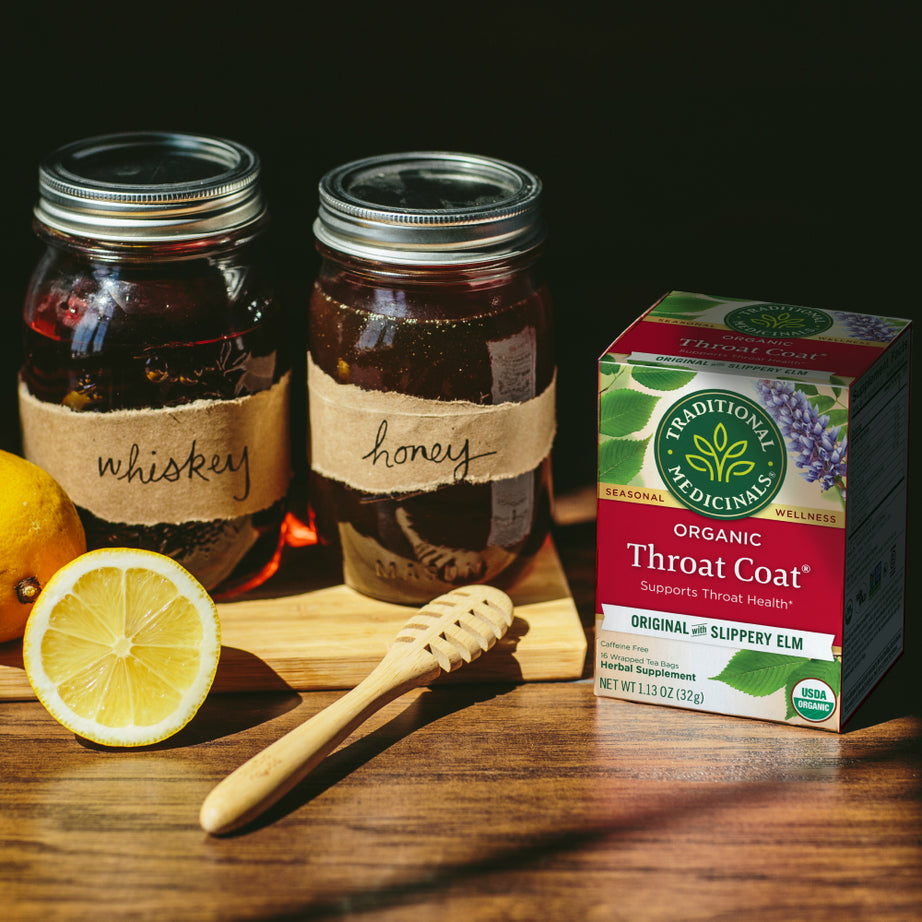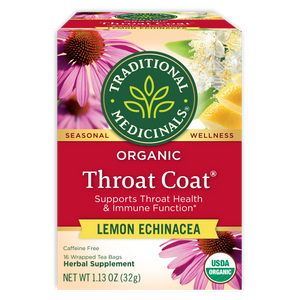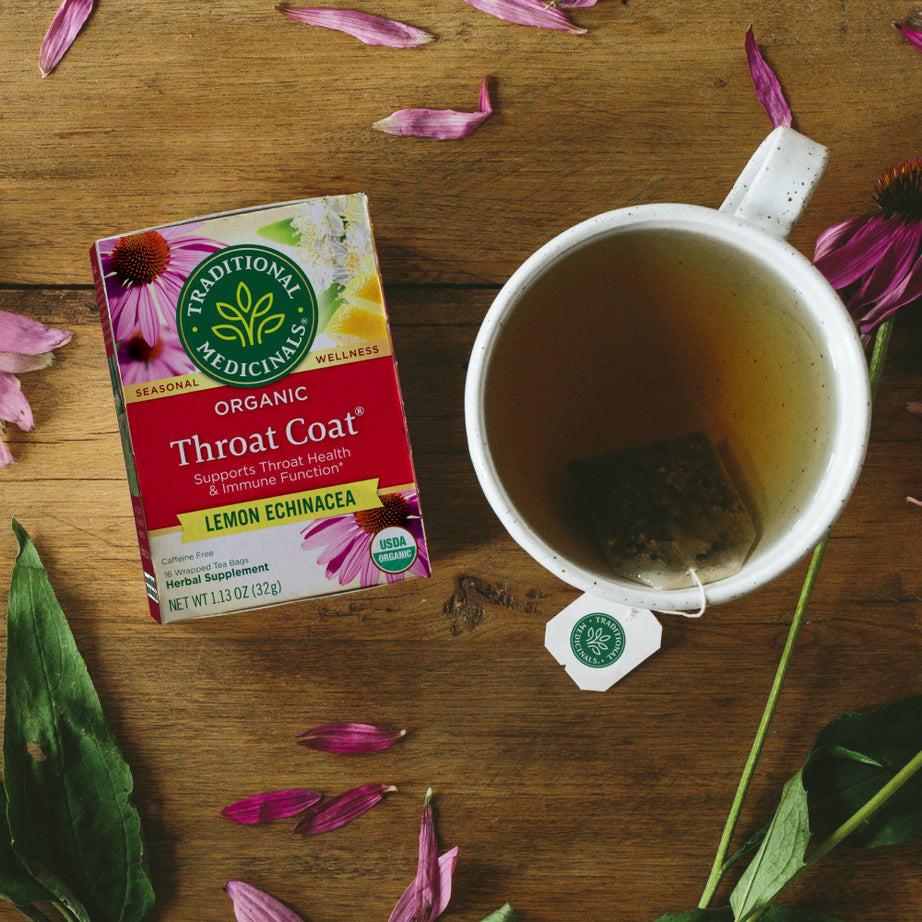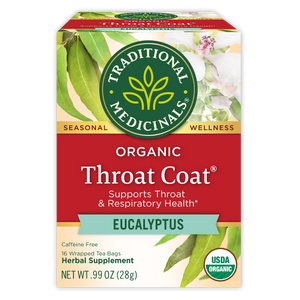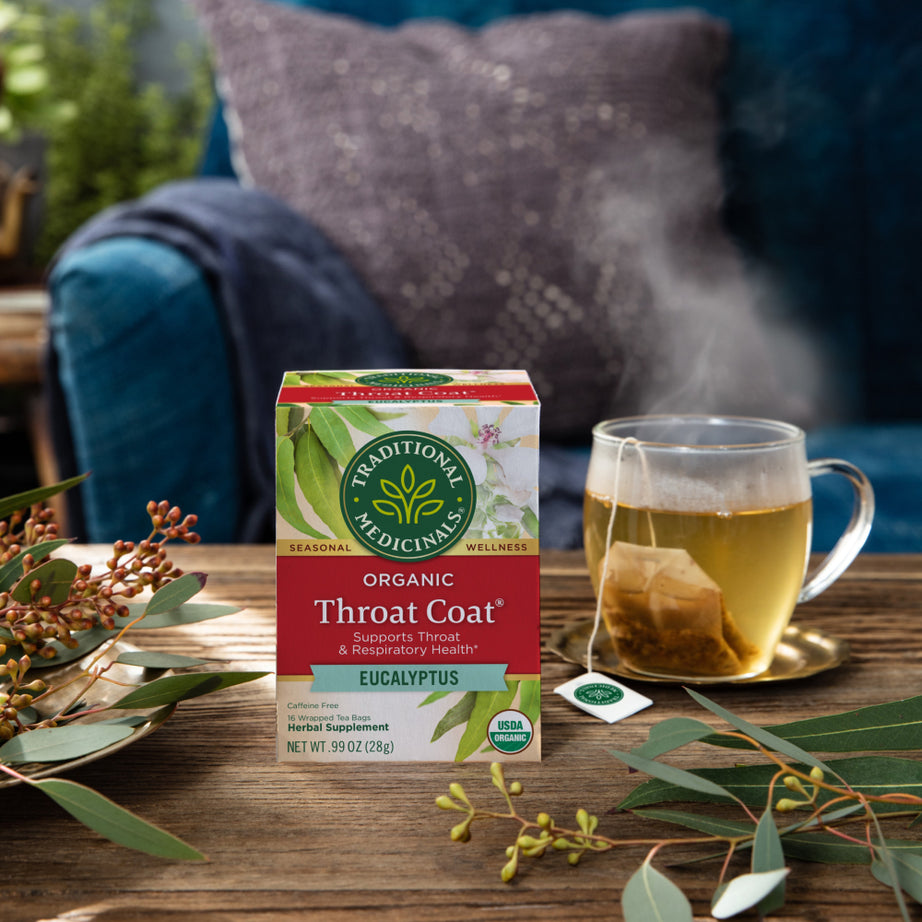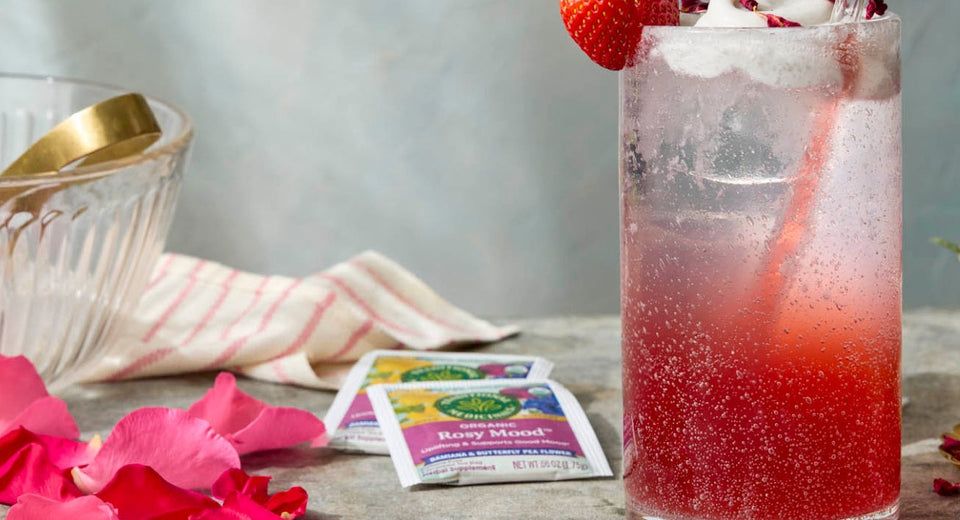
Voices are for Using, Not Losing®: Tips from a Celebrity Voice Coach

Meet RAab Stevenson, singer, songwriter, vocal coach, arranger, producer, artist and developer. Robert “RAab” Stevenson has worked with some of the most famous voices and producers heard on pop radio today. Among them are Justin Timberlake, The Dave Matthews Band, Pharrell Williams, Rihanna, Lizzo, Chris Stapleton, Kelly Clarkson, Zac Brown Band, Ne-Yo, Kelly Rowland and many others. He enjoys sharing his experiences and knowledge of the music industry and has put this into an interactive workshop that he has taken all over the world. RAab loves to work with not only major artists, but with many up and coming artists and enjoys helping them to develop their talent and seeing them grow.
We met RAab through The Dave Matthews Band and were inspired by his unique approach to voice coaching helping elevate voices around the world.
How important is voice care for you and your clients as part of pre-performance routines?
Voice care is extremely important to vocal maintenance and training. It's a huge part of being an athlete as a singer. When you look at how fast you’re singing intervals and jumping notes, it’s a workout; and care and maintenance for a singer is extremely important for their career. When you neglect the instrument, you wonder why it starts to fail you. The more you train, the longer you can go, especially when you’re doing a 2-3 hour concert and on back-to-back days.
What common challenges do vocalists experience with their throat health?
Excessive talking! As Traditional Medicinals says, “Voices are for Using, Not Losing®”. Our voices need to rest. Sometimes there is mucus build-up from lack of rest or loud talking over loud speakers in a club, or you were out too late talking to too many people on a press tour. Discipline is the key to avoiding as many of the issues that will arise in the day and life of a singer. Consistent vocal training will help strengthen a singers voice.
What are your top 3 throat health recommendations for vocalists?
- Train and exercise. It’s important to find a voice coach who can relate to the singer, understands the mental health side of being a singer, and pushes you to the next level. That includes regular training and exercise for your voice (at least 3-5 days/week).
- Be prepared. Make sure you have a bag of tools. On days that you’re feeling ill or you’re singing at a concert in Denver where you're a mile high above sea level, you might need some additional voice support. For example, one of the things I have in my vocal toolkit is Traditional Medicinals® Throat Coat® tea. I like Traditional Medicinals Throat Coat tea specifically, because it has slippery elm that supports throat health, along with eucalyptus and echinacea.
- Hydrate. Purchase a Micro air Nebulizer. A VocalMist nebulizer acts as a humidifier for your throat -- a vocal mist. It hydrates the vocal cords and loosens up mucus. I recommend a mask and tube and inhaling for 10-15 minutes. This is in addition to drinking plenty of water.
Tell me about your routine. How long does it take?
Training days are fun days and can take about 45-60 hours. Shorter days, depend on how much time is available; it can be 10-15 minutes - customized to each person. Warm-ups are only 15-30 minutes and can vary depending on how the artist slept the night before, what they ate, whether they’re stressed, etc.
Typically, we start vocalizing using Voice which is a technique of using Voice Straw to breathe through which stretches your pharynx and larynx and fine tunes pitch and tone. You puff your cheeks like you’re blowing into a balloon. It’s like taking a wrinkled shirt out of the dryer and ironing out the creases.
Then, we move into Playground Mode which is when we have fun testing out different areas of the voice -- tempo of a song, flexibility and range, then we stretch and warm down.
How do you and your clients use Throat Coat?
I drink Throat Coat tea and always have it ready for clients. We always have Throat Coat tea on stage along with water. For Dave Matthews, we have someone who takes care of all of us on the road – replenishes our Throat Coat tea and makes sure we’re well prepared. After the concert, we have Throat Coat tea again to soothe the voice and get to sipping during the vocal cool down.
In your experience, have you noticed any additional benefits or effects of Throat Coat tea when you’re performing?
While I was touring with Justin Timberlake (2002-2013) as a background vocalist and vocal arranger and before I became a full-time voice coach, Mountain Dew and chewing gum was my personal prep of choice to help keep my salivary glands moist. But that caused constant acid reflux and the jitters. Justin Timberlake’s voice coach Robin Wiley introduced me to Throat Coat tea along with a lot of vocal exercises and vocal tips and that helped me. Caffeine is not a good option for throat care.
Throat Coat tea helps soothe the throat and coupled with regular vocal training, can help increase the range, vary the pitch and improve intonation.
What other lifestyle habits or practices do you recommend for maintaining optimal throat health for singers?
- Practice even when you don’t have a gig around the corner.
- Find a reputable vocal coach that can fit your needs and the both of you can grow together.
- Study other vocalists.
*These statements have not been evaluated by the Food and Drug Administration. This product is not intended to diagnose, treat, cure, or prevent any disease.

